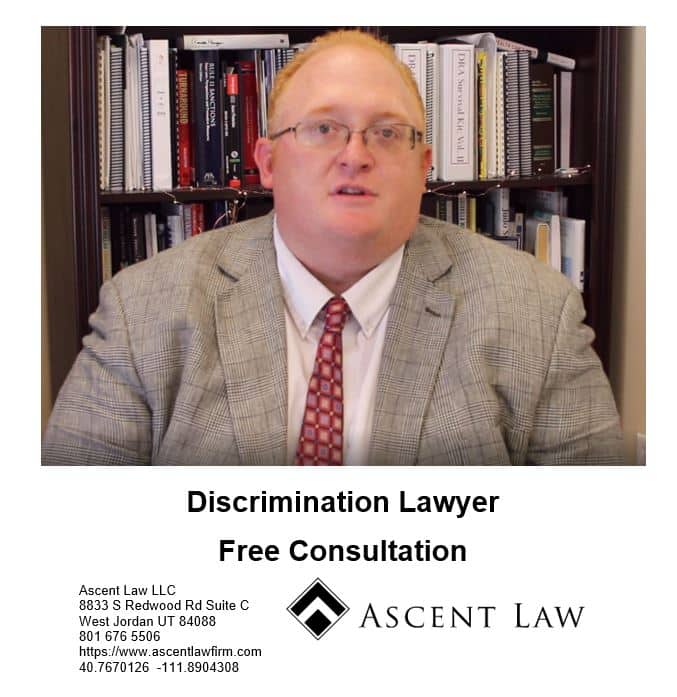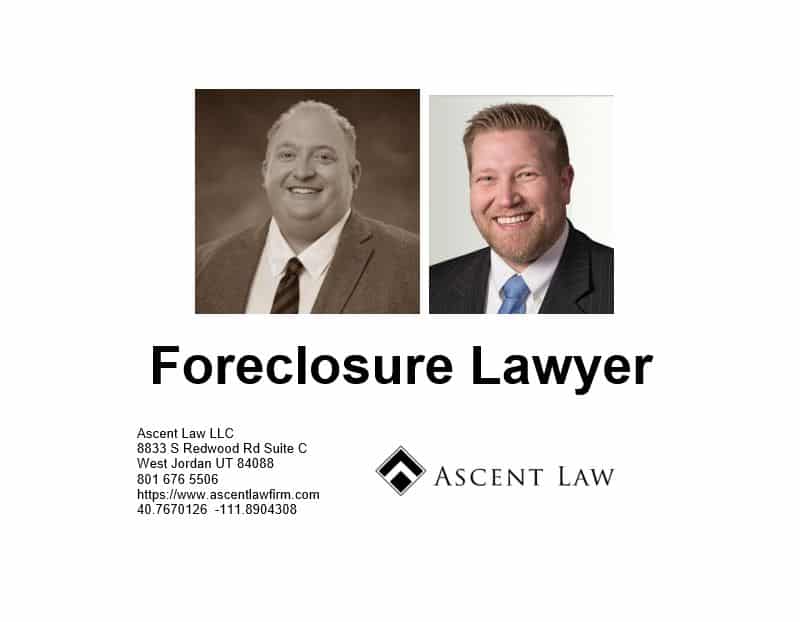
Title I of the Americans with Disabilities Act of 1990 prohibits private employers, state and local governments, employment agencies and labor unions from discriminating against qualified individuals with disabilities in job application procedures, hiring, firing, advancement, compensation, job training, and other terms, conditions, and privileges of employment.
The ADA covers employers with 15 or more employees, including state and local governments. It also applies to employment agencies and to labor organizations. The ADA’s nondiscrimination standards also apply to federal sector employees under section 501 of the Rehabilitation Act, as amended, and its implementing rules.
Who is Considered a Person with a Disability?
An individual with a disability is a person who:
• Has a physical or mental impairment that substantially limits one or more major life activities;
• Has a record of such an impairment; or
• Is regarded as having such an impairment.
Reasonable Accommodation
A qualified employee or applicant with a disability is an individual who, with or without reasonable accommodation, can perform the essential functions of the job in question. Reasonable accommodation may include, but is not limited to:
• Making existing facilities used by employees readily accessible to and usable by persons with disabilities.
• Job restructuring, modifying work schedules, reassignment to a vacant position.
• Acquiring or modifying equipment or devices, adjusting or modifying examinations, training materials, or policies, and providing qualified readers or interpreters.
An employer is required to make a reasonable accommodation to the known disability of a qualified applicant or employee if it would not impose an “undue hardship” on the operation of the employer’s business. Undue hardship is defined as an action requiring significant difficulty or expense when considered in light of factors such as an employer’s size, financial resources, and the nature and structure of its operation.
An employer is not required to lower quality or production standards to make an accommodation; nor is an employer obligated to provide personal use items such as glasses or hearing aids.
Title I of the ADA also covers
• Medical Examinations and Inquiries
Employers may not ask job applicants about the existence, nature, or severity of a disability. Applicants may be asked about their ability to perform specific job functions. A job offer may be conditioned on the results of a medical examination, but only if the examination is required for all entering employees in similar jobs. Medical examinations of employees must be job related and consistent with the employer’s business needs.
• Drug and Alcohol Abuse
Employees and applicants currently engaging in the illegal use of drugs are not covered by the ADA when an employer acts on the basis of such use. Tests for illegal drugs are not subject to the ADA’s restrictions on medical examinations. Employers may hold illegal drug users and alcoholics to the same performance standards as other employees.
It is also unlawful to retaliate against an individual for opposing employment practices that discriminate based on disability or for filing a discrimination charge, testifying, or participating in any way in an investigation, proceeding, or litigation under the ADA.
Disability lawyer
When you need legal help with Disability Discrimination in Utah, please call Ascent Law LLC for your free consultation (801) 676-5506. We want to help you.
8833 S. Redwood Road, Suite C
West Jordan, Utah
84088 United States
Telephone: (801) 676-5506
Recent Posts
What Is Rule 501 Of Regulation D?
{
“@context”: “http://schema.org/”,
“@type”: “Product”,
“name”: “ascentlawfirm”,
“description”: “Ascent Law helps you in divorce, bankruptcy, probate, business or criminal cases in Utah, call 801-676-5506 for a free consultation today. We want to help you.
“,
“brand”: {
“@type”: “Thing”,
“name”: “ascentlawfirm”
},
“aggregateRating”: {
“@type”: “AggregateRating”,
“ratingValue”: “4.9”,
“ratingCount”: “118”
},
“offers”: {
“@type”: “Offer”,
“priceCurrency”: “USD”
}
}
Source: https://www.ascentlawfirm.com/disability-discrimination/


No comments:
Post a Comment